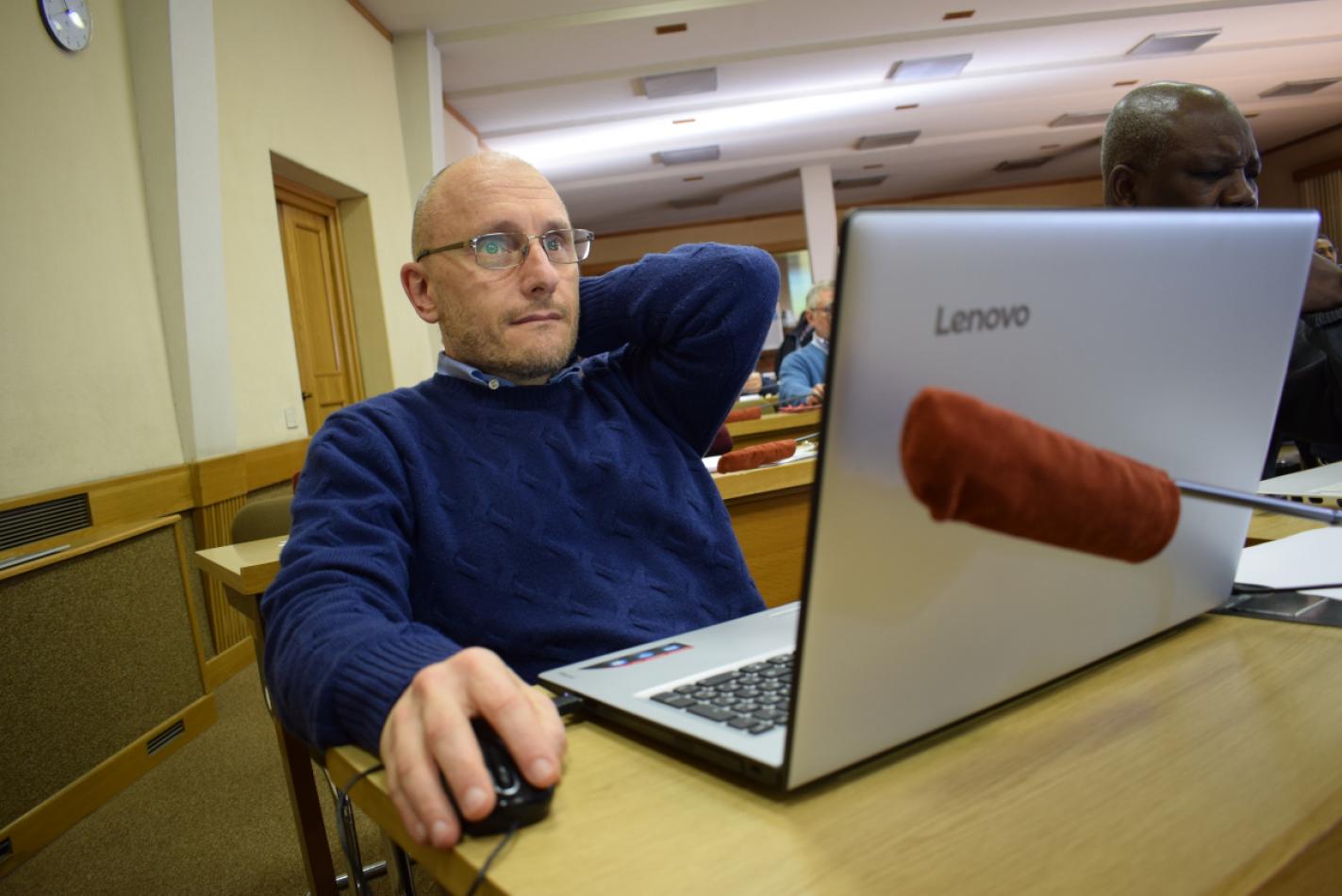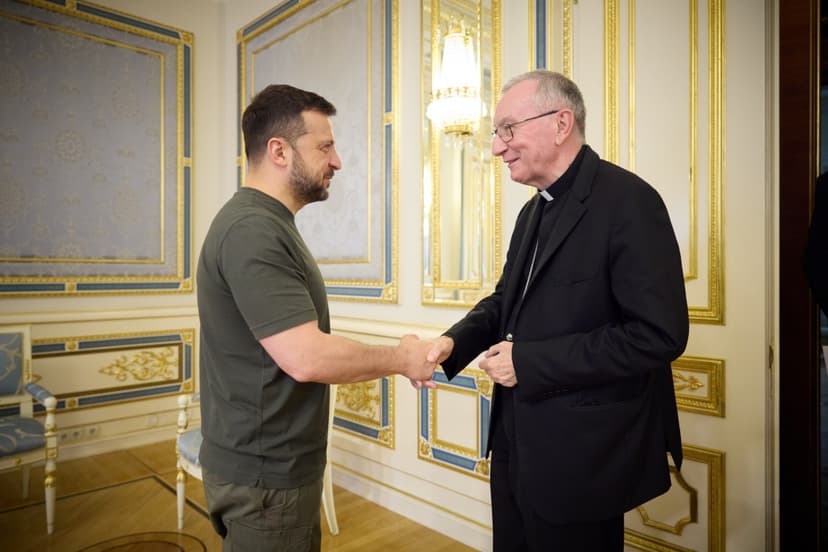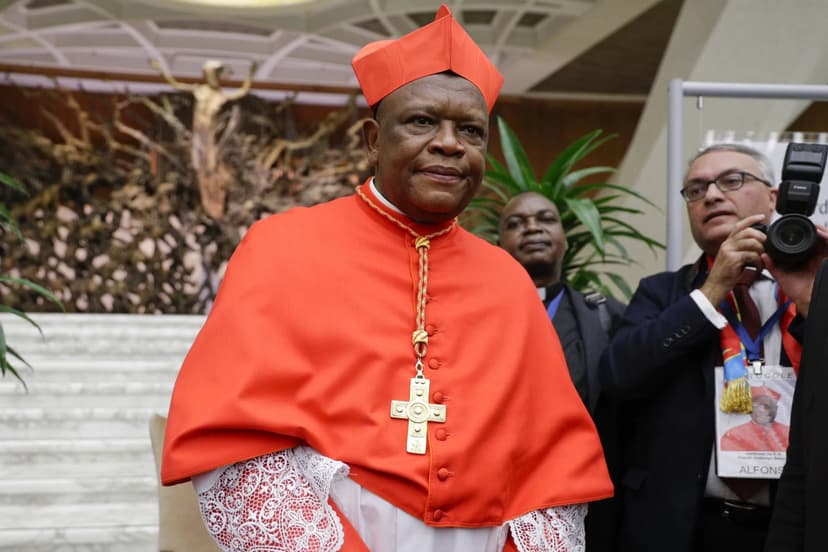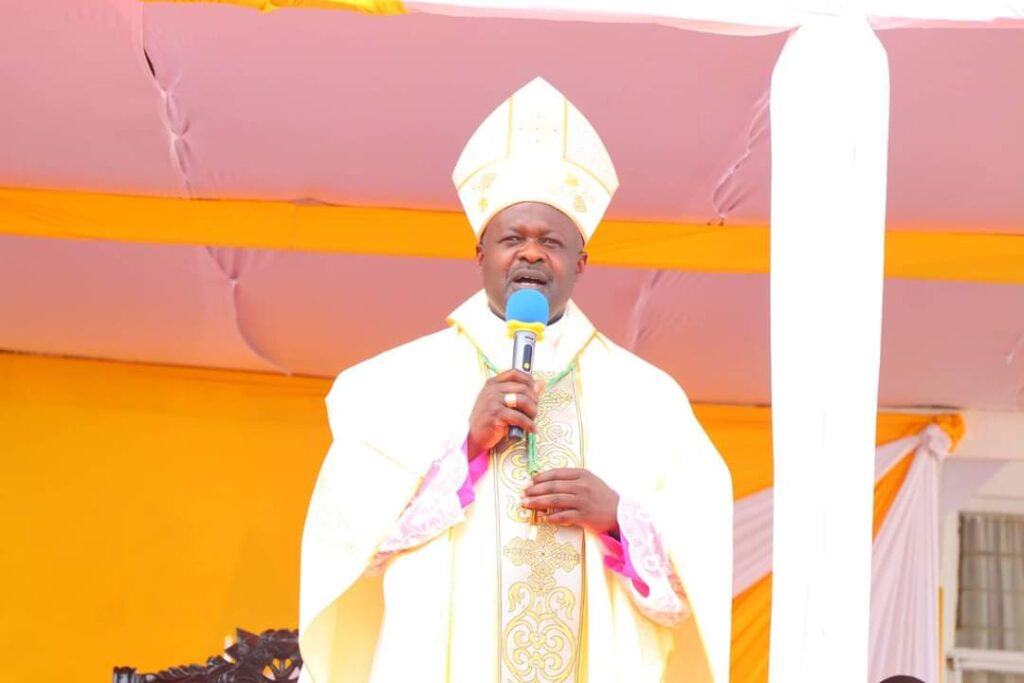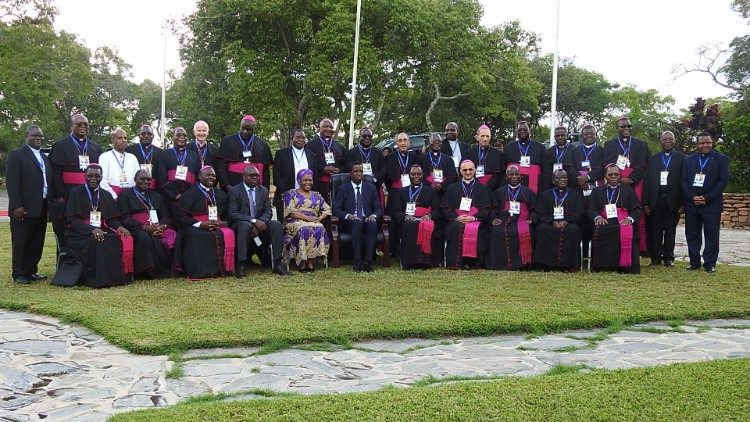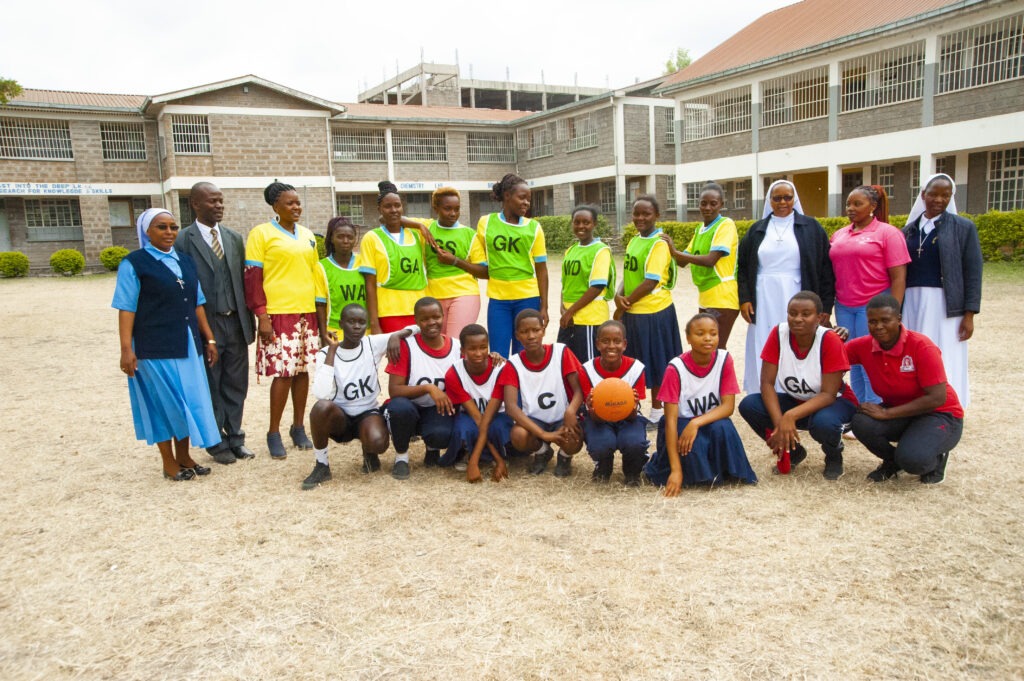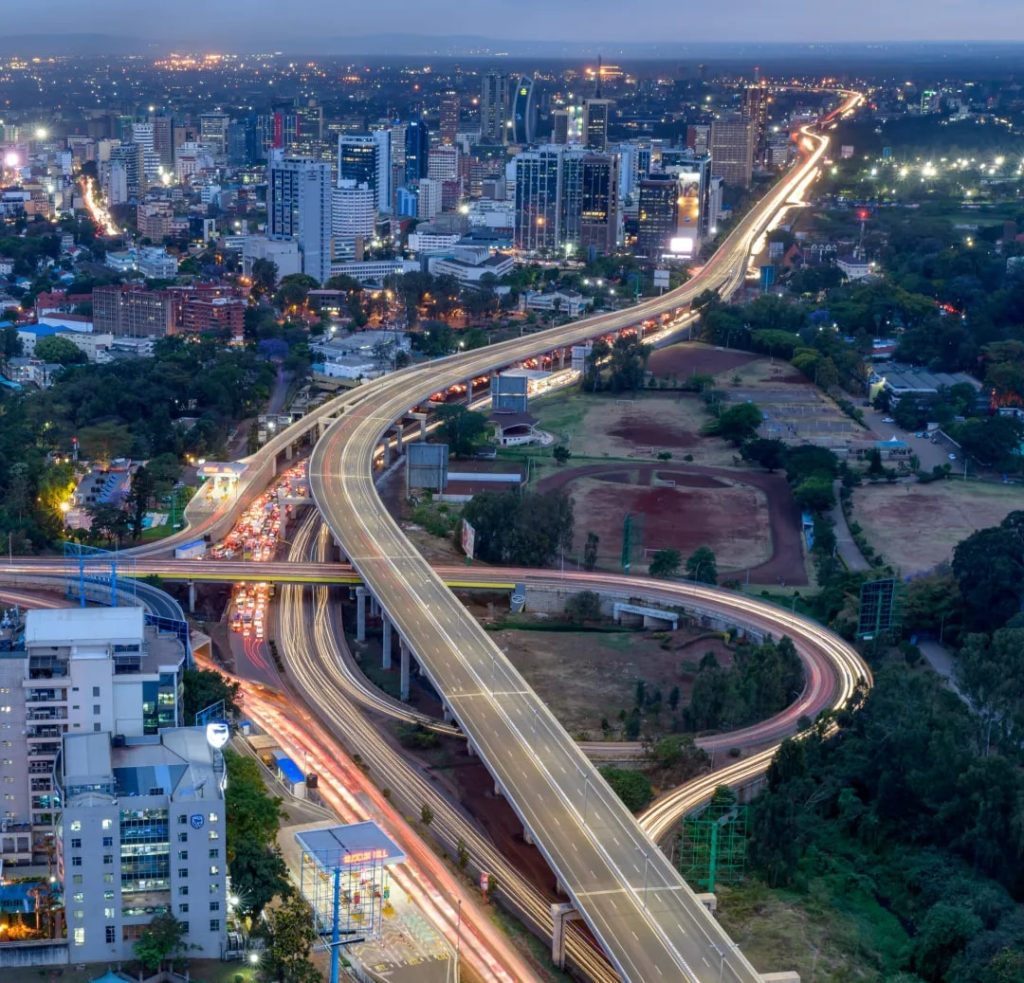He first came to Africa as a student of architecture. The visit changed his life. While touring missions in Tanzania with his friends, he encountered Africa’s Ubuntu and hospitality. The humanity of the people left a deep impression on him. The experience not only broadened his horizon but also opened up a new door in his life. It was a new encounter with Christ, says Brother Alberto Parise, a 55-year-old Italian born Comboni missionary.
In his Encyclical Letter Fratelli tutti (All brothers), Pope Francis highlights how the existence of each of us is linked to that of others, so that life is not a time that passes, but a time of encounter. He explains that the culture of encounter creates new relationships and leads us to experience the coming of the Kingdom of God, going through fraternity and a universal communion that transcends differences.
This is what I experienced in my first encounter with Africa. At the time a student of architecture, I had the chance to visit some missions in Tanzania, together with some friends. And it was a life changer. The hospitality of the Christian communities, the humanity they shared, opened a much broader horizon in my life. It was a new encounter with Christ, mediated by the humanity of the people I met, their different culture and worldview, which made me experience a deep joy and a desire to invest the whole of my life in such an encounter.
Embracing a sense of justice
I kept cultivating my relationship with the missions and the people of those communities. My interest in different peoples and cultures, social justice and transformative encounters grew. As I deepened my faith journey in the light of the Word of God, I developed a more critical awareness of the unjust socio-economic structures in society. I also tried to respond to such situations through service to the impoverished and excluded ones. In those days, in fact, in Italy we were experiencing the first immigration waves of peoples fleeing their countries because of wars, persecutions, and impossible living conditions. I thus joined other organized volunteers to work for the welcoming, protection, promotion and integration of migrants and refugees.
Pope Francis in Fratelli tutti reminds us that, “by closely observing our contemporary societies, we see numerous contradictions that lead us to wonder whether the equal dignity of all human beings is truly recognized, respected, protected and promoted in every situation. In today’s world, many forms of injustice persist, fed by reductive anthropological visions and by a profit-based economic model that does not hesitate to exploit, discard and even kill human beings. While one part of humanity lives in opulence, another part sees its own dignity denied, scorned or trampled upon, and its fundamental rights discarded or violated”.
 These words of Pope Francis verbalize succinctly my experience. Back then, I realized the huge gap between the joy of the experience of lived fraternity, which made me experience a sort of regeneration in a deeper encounter with the Risen Christ, and the situation of many oppressed peoples and communities in the world.
These words of Pope Francis verbalize succinctly my experience. Back then, I realized the huge gap between the joy of the experience of lived fraternity, which made me experience a sort of regeneration in a deeper encounter with the Risen Christ, and the situation of many oppressed peoples and communities in the world.
Fascinated by St Daniel Comboni
As I approached the end of my university studies, I had many opportunities and choices at my disposal. I was already off to a good professional start in my father’s architectural firm. Besides, I had an opportunity to pursue an academic career. But I felt that my deepest joy was elsewhere: it was in that encounter with the Risen Christ mediated by the experience of lived fraternity with peoples of different cultures and latitudes. Consequently, after my graduation, through a process of discernment I joined the Comboni Missionaries. I was fascinated by the missionary experience of Saint Daniel Comboni, and his way of encountering and being changed by African people; by his commitment to counter human trafficking and the slave trade in Sudan, and his vision of mission as the Regeneration of Africa through Africa.
After four years of formation in Italy, I became a Comboni missionary brother. I made my first religious profession on 24th May 1997. I was sent to Kenya to study social ministry at Tangaza University College from 1997-2000. As Brothers, we are consecrated missionaries who contribute to mission through a professional service and the care of humanity. The ministry of Brothers has a particular focus on fraternity in all its many aspects, including the integral development of the human person, justice and peace, integral ecology and the promotion of human and peoples’ rights.
It follows, therefore, that this is a ministry predominantly open to the social, anthropological and cultural dimensions of the Kingdom of God, oriented to social transformation, to witness and to the proclamation of fraternity and the animation of the Christian community. Social ministry, therefore, is an important dimension of our formation, because we learn how to turn our professional expertise into a ministry, a transforming service to humanity and the local community.
A brother in mission
 In 2000, after completing my studies at Tangaza, I was assigned to work in Kenya. My first mission was at Kariobangi Parish in Nairobi. Thereafter, I was appointed the director of the then Institute of Social Ministry at Tangaza University College in Nairobi from 2004-2015. During this same period 2005-2010, I was also involved in the training of Comboni brothers at the Comboni Brother Centre in Nairobi. In 2016, I was assigned to Padova, Italy where I worked with young people as a vocations promoter. Since, 2019 I am working at the headquarters of the Comboni missionaries in Rome. The superiors asked me to coordinate the office of Justice, Peace and the Integrity of Creation in our Institute.
In 2000, after completing my studies at Tangaza, I was assigned to work in Kenya. My first mission was at Kariobangi Parish in Nairobi. Thereafter, I was appointed the director of the then Institute of Social Ministry at Tangaza University College in Nairobi from 2004-2015. During this same period 2005-2010, I was also involved in the training of Comboni brothers at the Comboni Brother Centre in Nairobi. In 2016, I was assigned to Padova, Italy where I worked with young people as a vocations promoter. Since, 2019 I am working at the headquarters of the Comboni missionaries in Rome. The superiors asked me to coordinate the office of Justice, Peace and the Integrity of Creation in our Institute.
With hindsight, I can say that all I know today, I have learnt it in Kenya, in my encounter with the people, their sense of faith, their sense of humanity, their culture of Utu. That has been a transformative encounter for me, and I feel privileged and blessed for the opportunity to journey along with such people and communities. We shared various struggles for social transformation, linking our faith to social responsibility and responding to the cry of the poor and the cry the Earth.
Among many experiences, I always love to recall the journey of healing and reconciliation after the infamous Kariobangi massacre in 2002, especially through the commitment of the huduma ya haki na amani (the justice and peace ministers) of the Parish. In that process, we learnt the peace procedures and traditions of various communities of Kenya. We learnt this through our encounter with the Community Peace Museums that helped us along the journey of peace.
I saw God’s grace at work in the regeneration of the people most affected, who overcame the humiliation and loss. They felt reconnected with their human roots, a new communion with God, and a new meaning and sense of purpose in life, becoming ambassadors of peace in the community.
I am amazed that I have already lived 25 years of missionary life, because I still feel like a beginner. When I look back, I cannot help but feel a profound wonder at what the Risen One has done in my life: the encounters with humanity and experiencing personally that regeneration of Africa with Africa that Comboni had prophetically envisaged.

